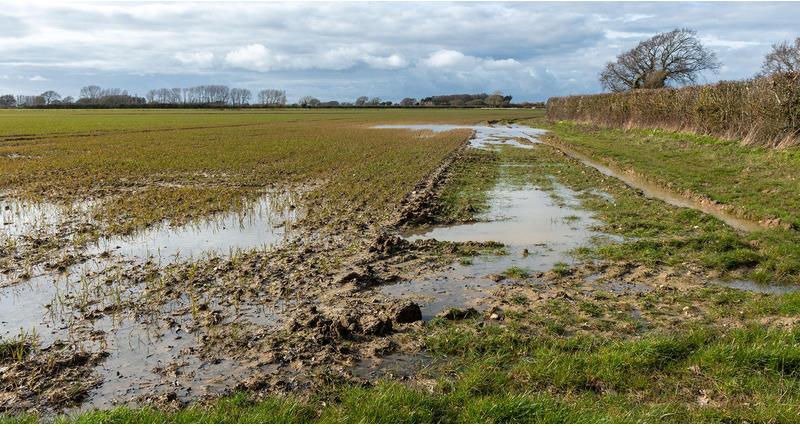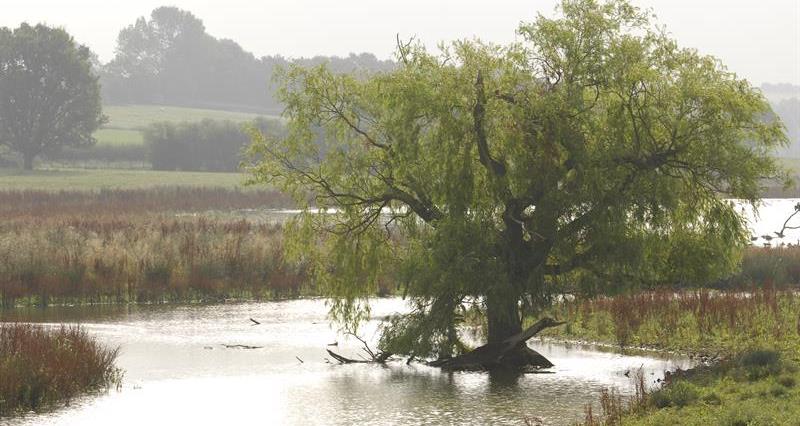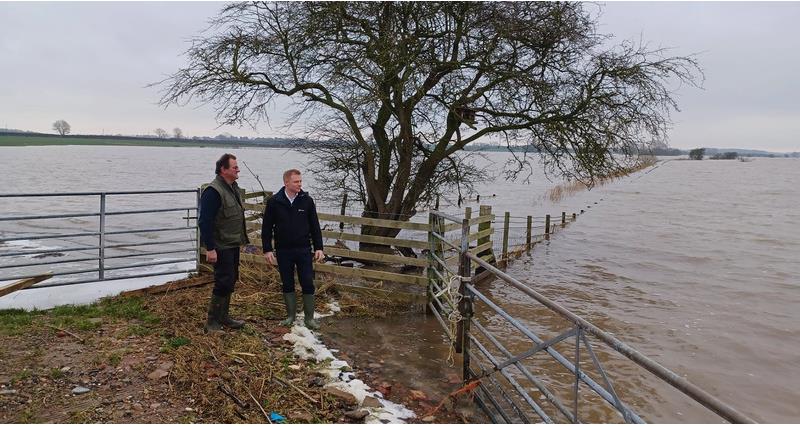Following prolonged periods of wet weather, the AHDB re-ran its Early Bird Survey in March.
Among findings, the exercise conducted by The Anderson Centre suggested that the total 2024 UK wheat area is now expected to fall 15% year-on-year to 1.463 Mha.
This would be the smallest area since 2020.
Oilseed rape for harvest 2024 could decline by 28% on last year to 280 Kha – the smallest area since 1984.
Meanwhile, winter barley is forecast to be 22% down at 355 Kha, the biggest reduction since 2020, although a 29% increase in spring plantings means the total area is expected to rise 8% on 2023 to 1.236 Mha.
Survey results paint ‘bleak picture’
“Since the end of last year, farms across the country have faced continued wet weather with many thousands of acres of productive farmland affected,” said NFU President Tom Bradshaw.
“Many farms in areas such as Lincolnshire have been under water since last October, and we have heard countless desperate stories from our members who are struggling to get on to their fields to plant any crops.
“While it is difficult to mitigate against all environmental extremes, we must recognise that we haven’t been prioritising our water management and things are going drastically wrong.”
“We have heard countless desperate stories from our members who are struggling to get on to their fields to plant any crops.”
NFU President Tom Bradshaw
He added that the “bleak picture” from the AHDB survey came as farmers faced the impacts of unprecedented input costs in 2023, with last year’s harvest branded the most expensive ever, as well as lower commodity prices and a reduction in direct payments.
Tom added: “It is another example of how vulnerable British food producing businesses are and highlights the possibility of more crops being imported, potentially produced to standards that would be illegal here, all adding further to market volatility. That’s why domestic food production must be given the right policy framework and the priority it deserves
“The NFU’s election manifesto sets out how more funding is urgently needed by the Environment Agency, so it can deliver a proactive plan of management and re-investment in the watercourses and flood defences it is responsible for.
“And crucially, our manifesto urges the next government to commit to an agricultural budget that ensures British farming can meet the challenges of climate change and deliver on the government’s own statutory commitments for the environment and net zero, while producing sustainable British food.”
Get the full survey results at: AHDB | Early Bird Survey.


